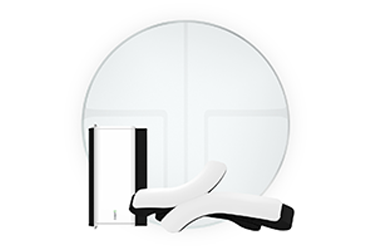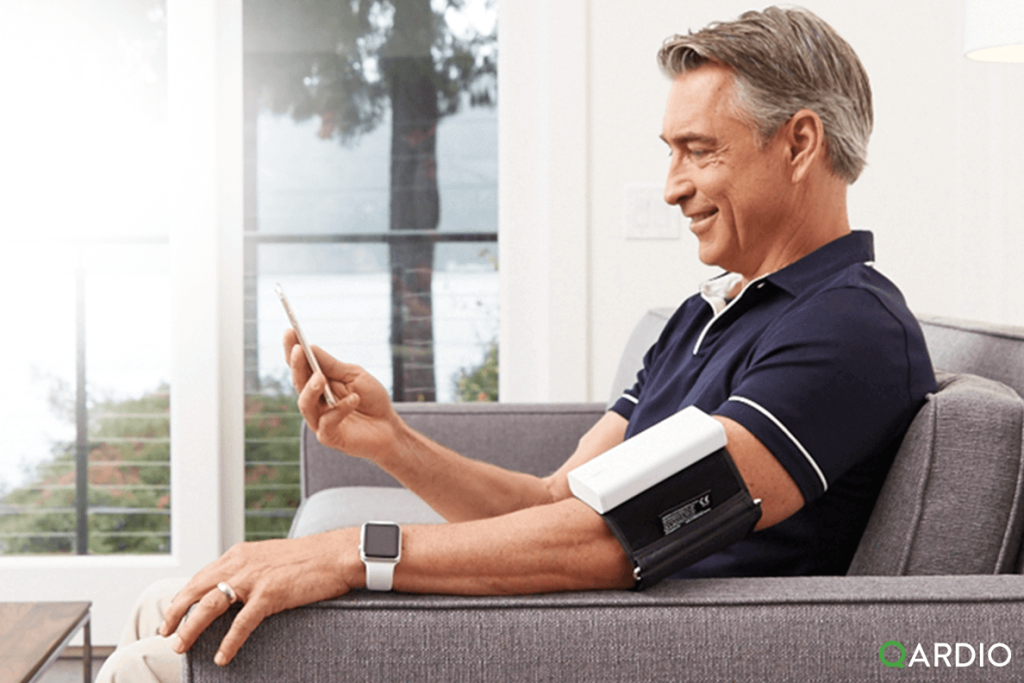Do you know how to keep your heart healthy? Today about one in three adults are living with a heart condition and it is the leading cause of concern for both men and women worldwide. We have asked top cardiologists to share their tips on looking after your heart. Get inspired towards a healthier you with these simple doctor recommendations.
Tame your stress
Dr. Dan Wohlgelernter, MD, a Santa Monica cardiologist suggests starting thinking about heart health early on, with the main focus on controlling stress. He says, “You must tame your stress. Long-term stress can lead to long-term damage to your heart – your heart rate and blood pressure rise causing injury to the artery walls.” He advises patients to adopt some stress-management techniques – it can be as simple as deep breathing exercises, but he also encourages activities, like volunteering, to knock out stress.
Keep in mind, heart disease can occur at any age, however, the risk of a stroke doubles with each decade after the age of 55.
Eat well, sleep well and stop smoking
Dr. Garth Graham, MD, MPH, is a cardiologist, the former deputy assistant secretary in the U.S. Department of Health and Human Services, and the current president of the Aetna Foundation. To keep your heart healthy, he says, “It’s important to maintain a diet high in fiber, fish, whole grains, and nuts. Avoid salty and high sodium foods.” He suggests making shopping for healthy food more fun, seeking out a local farmer’s market for fresh fruits and vegetables. He also encourages getting some shut-eye. “No matter your age, getting six to eight hours per night is essential to your health. Not doing so can put you at a higher risk for cardiovascular disease and make you twice as likely to experience a stroke, regardless of your other health habits.”
Another key recommendation from Dr. Garth is to stop smoking. “Smoking cessation can reduce your risk of heart disease. In fact, a person’s risk of dying from heart disease decreases by 50 percent a year after they stop smoking (compared to active smokers). Smoking increases the chance of developing cardiovascular diseases, including coronary heart disease, heart attack, and stroke.”
Like most things in life, moderation is key. This mantra is true when it comes to being successful with maintaining your health.
Get more active
Matthew Budoff, M.D., Cardiologist and Director of Cardiac CT at the Division of Cardiology at the Harbor-UCLA Medical Center says, “First, exercise more. Most of us are too busy to get out and do the cardio we need to keep our bodies healthy. Exercise lowers cholesterol, improves blood pressure, lowers the chance of developing diabetes, and makes us live longer.”
Know your numbers
Suzanne Steinbaum, M.D., is the director of Women & Heart Disease, Lenox Hill Hospital, and Go Red For Women national spokeswoman. She says, “It’s important to work with your healthcare provider to know your numbers, which include cholesterol, blood pressure, blood sugar, and body mass index (BMI). Knowing this information can help you know your risk for developing cardiovascular disease. 80% of the time heart disease is preventable, due to lifestyle choices, and diet is a critical part of this.” Many people relate men to heart disease, but women are equally impacted. An estimated 44 million women in the U.S. are affected by cardiovascular diseases. The symptoms of heart attack can be different for women vs. men and are often misunderstood, so it’s important to talk to your doctor.
A great way to help you “know your numbers” is with Qardio’s digital health products. QardioArm is our award-winning smart blood pressure monitor. QardioBase is our connected scale that measures your weight, BMI (body mass index), and full body composition (fat, bone, water, and muscle percentage). QardioCore is the first wearable ECG monitor that records continuous ECG, heart rate, heart rate variability, respiratory rate, skin temperature, and activity data. All of our medical-grade devices can help you keep track of your health and even send your data directly to your authorized doctor or family members for remote monitoring.




